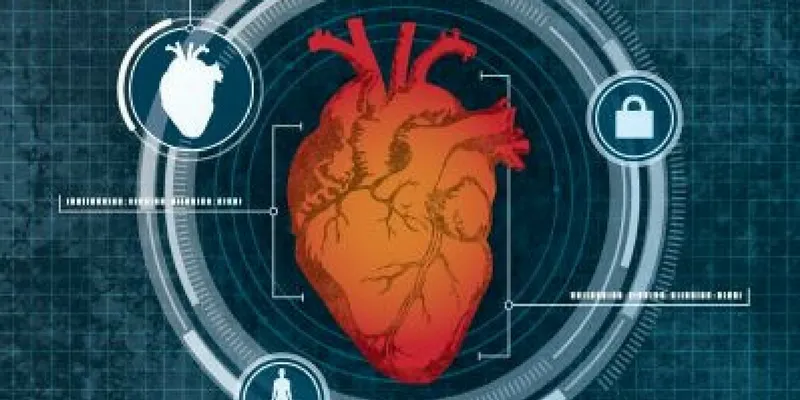Now, unlock your computer with a heart scan
Forget facial recognition technology or fingerprint identification — researchers have now developed a computer security system using the dimensions of the heart as an identifier.

Speaking to IANS, the study's lead author Wenyao Xu, Assistant Professor at the University at Buffalo in New York, said,
No two people with identical hearts have ever been found. And people's hearts do not change shape, unless they suffer from serious heart disease.
The system, which may eventually be used for smartphones and at airport screening barricades, is a safe and potentially more effective alternative to passwords and other biometric identifiers, the researchers said.
Xu elaborated,
We would like to use it for every computer because everyone needs privacy. Logging in and logging out is tedious.
To make sure no one else steps in to run your computer, the system uses low-level Doppler radar to measure your heart, and then continually monitors it.
The system needs about eight seconds to scan a heart the first time, and thereafter the monitor can continuously recognise that heart.
The researchers are scheduled to present a paper describing the technology at the 23rd Annual International Conference on Mobile Computing and Communication (MobiCom) in Utah in October.
Xu also said,
The signal strength of the system's radar is much less than Wi-Fi and therefore does not pose any health threat. We are living in a Wi-Fi surrounding environment every day, and the new system is as safe as those Wi-Fi devices.
The system, which was three years in the making, uses the geometry of the heart, its shape and size, and how it moves to make an identification.
Heart-based biometric systems have been used for almost a decade, primarily with electrodes measuring electrocardiogram signals, "but no one has done a non-contact remote device to characterise our hearts' geometry traits for identification," he said.
With inputs from IANS.
Do you have an interesting story to share? Please write to us at tci@yourstory.com. To stay updated with more positive news, please connect with us on Facebook and Twitter.







